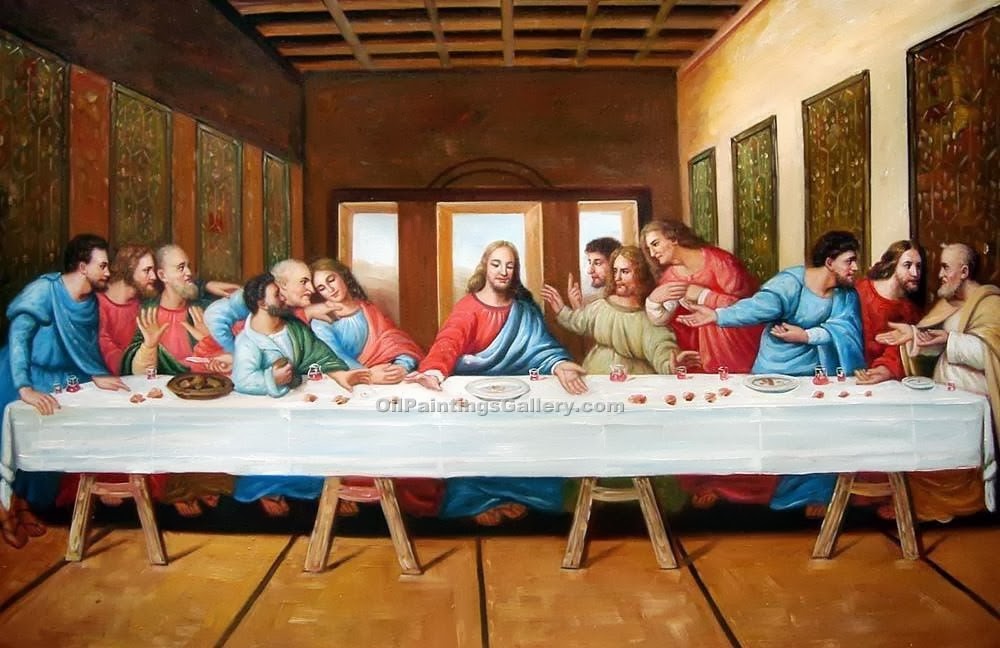“It’s bad luck to open an umbrella indoors.”
Though some historians tentatively trace this belief back to ancient Egyptian times, the superstitions that surrounded pharaohs’ sunshades were actually quite different and probably unrelated to the modern-day one about raingear. Most historians think the warning against unfurling umbrellas inside originated much more recently, in Victorian England.
In “Extraordinary Origins of Everyday Things” (Harper, 1989), the scientist and author Charles Panati wrote: “In eighteenth-century London, when metal-spoked waterproof umbrellas began to become acommon rainy-day sight, their stiff, clumsy spring mechanism made them veritable hazards to open indoors. A rigidly spoked umbrella, opening suddenly in a small room, could seriously injure an adult or a child, or shatter a frangible object. Even a minor accident could provoke unpleasant words or a minor quarrel, themselves strokes of bad luck in a family or among friends. Thus, the superstition arose as a deterrent to opening an umbrella indoors.”
The horseshoe is considered to be a good luck charm in a wide range of cultures. Belief in its magical powers traces back to the Greeks, who thought the element iron had the ability ward off evil. Not only were horseshoes wrought of iron, they also took the shape of the crescent moon in fourth century Greecefor the Greeks, a symbol of fertility and good fortune.
The belief in the talismanic powers of horseshoes passed from the Greeks to the Romans, and from them to the Christians. In the British Isles in the Middle Ages, when fear of witchcraft was rampant, people attached horseshoes open-end-up to the sides of their houses and doors. People thought witches feared horses, and would shy away from any reminders of them.
Fear of the number 13, known as “triskaidekaphobia,” has its origins in Norse mythology. In a well-known tale, 12 gods were invited to dine at Valhalla, a magnificent banquet hall in Asgard, the city of the gods. Loki, the god of strife and evil, crashed the party, raising the number of attendees to 13. The other gods tried to kick Loki out, and in the struggle that ensued, Balder, the favorite among them, was killed.
Scandinavian avoidance of 13-member dinner parties, and dislike of the number 13 itself, spread south to the rest of Europe. It was reinforced in the Christian era by the story of the Last Supper, at which Judas, the disciple who betrayed Jesus, was the thirteenth guest at the table.
Many people still shy away from the number.



